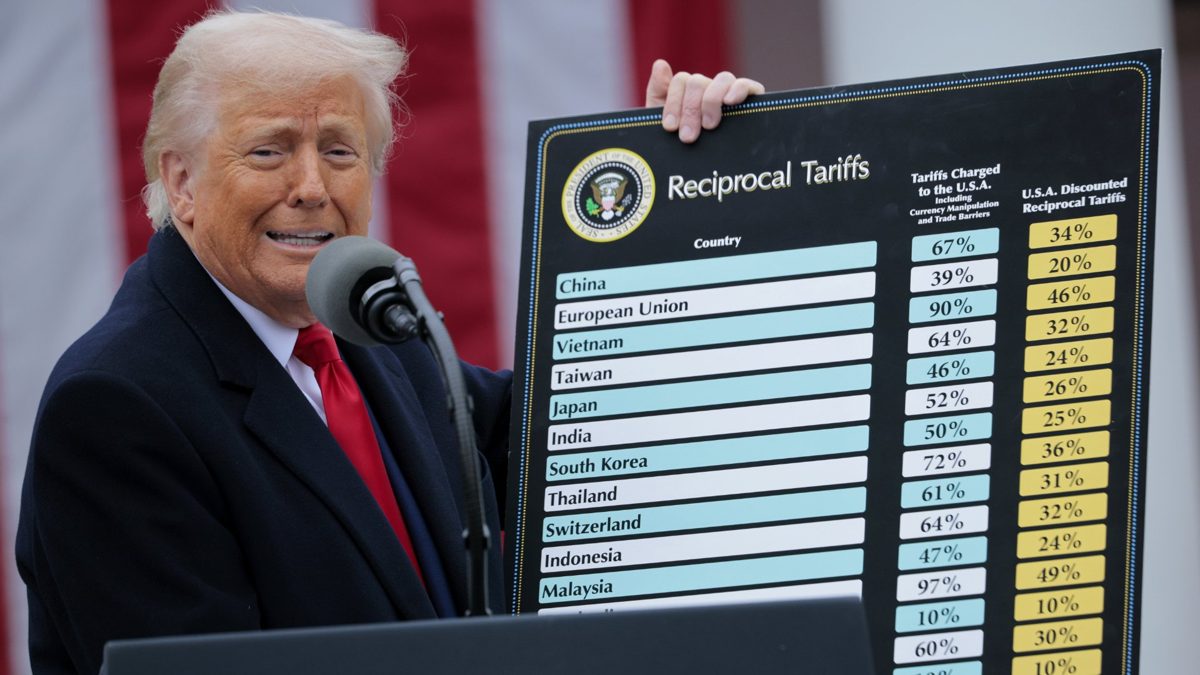
Do you want to stay young? Peter Diamandis suggests that you need to survive the next decade.
Peter Diamandis, a futurist with degrees from MIT and Harvard, has spent much of the last twenty years promoting the idea of an "abundant future."
Peter Diamandis, a futurist with degrees from MIT and Harvard, has devoted much of the last two decades to promoting the vision of an "abundant future" driven by exponential technologies that could extend our lives. As a serial entrepreneur and founder of organizations such as the XPRIZE Foundation and Singularity University, he has forged connections with some of the world's most influential business minds, including Elon Musk. His followers applaud his optimistic forecasts and data-backed arguments, which indicate that technology has lifted billions out of poverty and improved global living standards. However, his detractors point out that his techno-utopian vision ignores the growing inequalities and systemic imbalances. In the United States, for example, the bottom 50% of households own less than 4% of national wealth, while the top 10% control more than two-thirds.
Regardless of opinions about Diamandis, many consider him a fascinating figure, and we recently had the opportunity to speak with him about abundance and longevity, particularly his views on Bryan Johnson, a former tech executive who is trying to reverse the aging process. Diamandis, now 63 years old and claiming to be "biologically 39," shared his thoughts on the subject.
In one of his recent posts, he mentioned that we are very close to reaching the "escape velocity of longevity," urging people to take care of their health and avoid dying from "something stupid." He feels part of a health revolution and believes it is the result of converging technologies such as artificial intelligence, sensors, and cellular medicine that help us understand why we age and how we can slow down or even reverse that process.
The "escape velocity of longevity" is a concept that suggests that in the near future, advances in science and medicine will allow each year of life to translate into an additional year of extended life. Diamandis expresses hope that this will be achievable in the next decade for those with reasonable resources and good health.
When asked about concerns that longevity may be reserved only for the wealthy, he emphasizes that there are many actions individuals can take at no cost, such as improving their diet, ensuring they sleep seven to eight hours, and staying physically active. He states that being optimistic can increase life expectancy, and this outlook should not be exclusive to the privileged. He also acknowledges that there is a second layer of options that involves spending, such as medications and advanced testing to detect diseases in their early stages.
Furthermore, he mentions that one of the most promising areas of longevity research is epigenetic reprogramming, which seeks to modify the epigenome to return to a more youthful condition. Although these technologies may initially be available mainly to the rich, he is confident they will be democratized in a few years.
Diamandis has also been a pioneer in initiatives to incentivize longevity research, such as the creation of the Healthspan XPRIZE, which has a significant prize fund and aims to challenge teams to demonstrate capabilities to reverse functional aging in older individuals.
When asked about the difference between his approach and that of Bryan Johnson in Blueprint, he highlights that his methodology is based on a global, scientific competition that investigates multiple large-scale approaches, while Johnson's work focuses on individualized experimentation.
As the conversation progresses, Diamandis reveals more about his connection with Musk, his projects in the health realm, and how he navigates what some might consider conflicts of interest.



